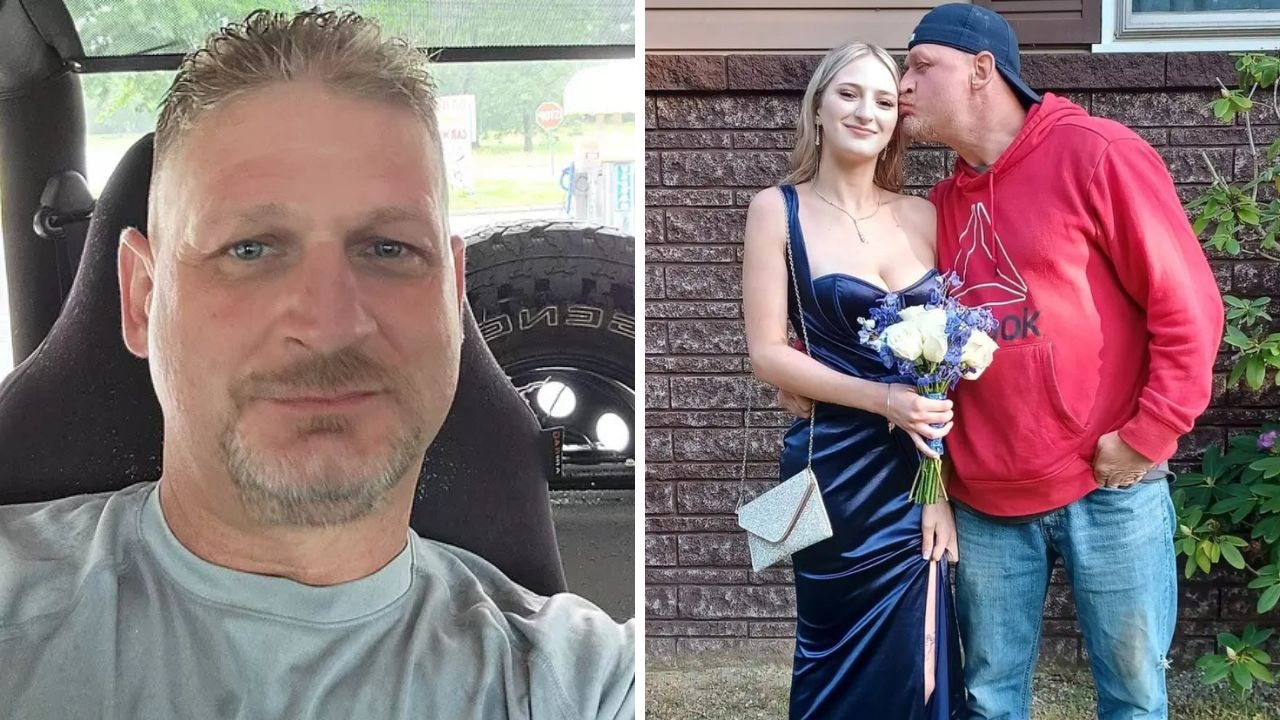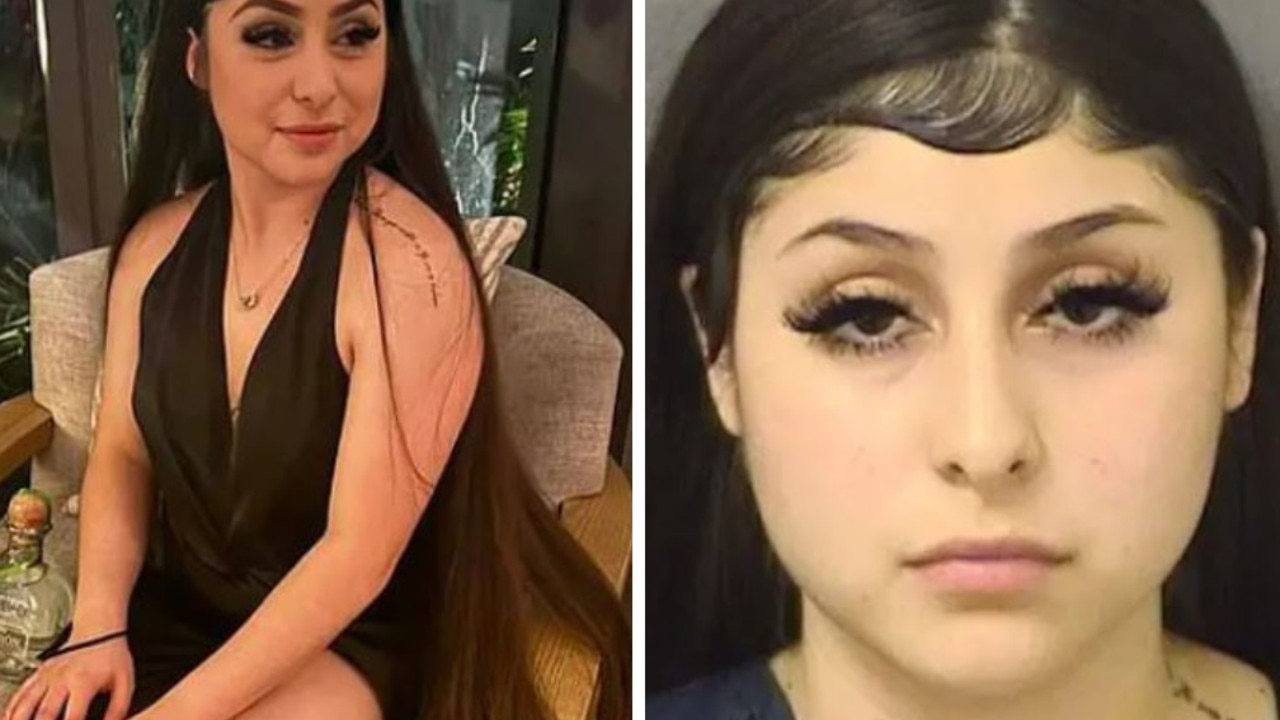Pressure mounts for a review of Keli Lane’s baby murder conviction due to ‘serious trial flaws’
PRESSURE is growing for a formal review of the case of Keli Lane, convicted for murdering her baby Tegan, after trial flaws were exposed.
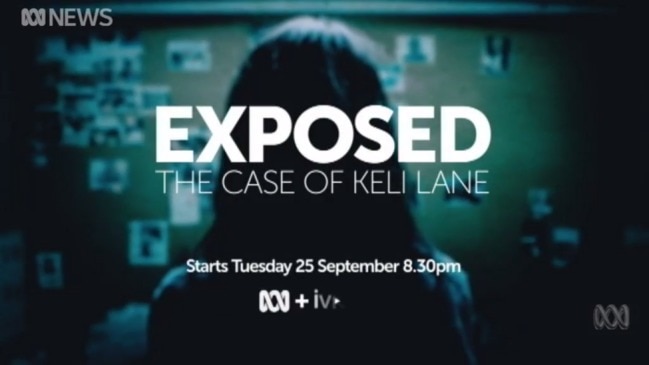
PRESSURE is growing for a formal review of the case of Keli Lane, convicted of murdering her two-day-old baby Tegan, after a television documentary exposed flaws with the trial.
An application has been made to New South Wales Attorney-General Mark Speakman by RMIT University’s Innocence Initiative in the wake of the revelations.
The initiative’s director Michele Ruyters, Associate Dean of Criminology and Justice, described Lane’s conviction as a miscarriage of justice on par with that of Lindy Chamberlain.
“Attorney-General Mark Speakman must take urgent action now to prevent history from repeating itself,” Dr Ruyters said.
“Another woman should not have to spend most of her life wrongly convicted in jail as a result of inadequate investigation and disclosure, a potential failure to reach the required standard of proof and, most importantly, no evidence.”
The three-part ABC documentary Exposed: The Case of Keli Lane examined the bizarre case, including the investigation, evidence and trial.
It cast serious doubt on the integrity of her prosecution, with Xanthe Mallet, a Cambridge educated and Quantico-trained forensic anthropologist and criminologist, saying Lane should be immediately released and a mistrial declared.
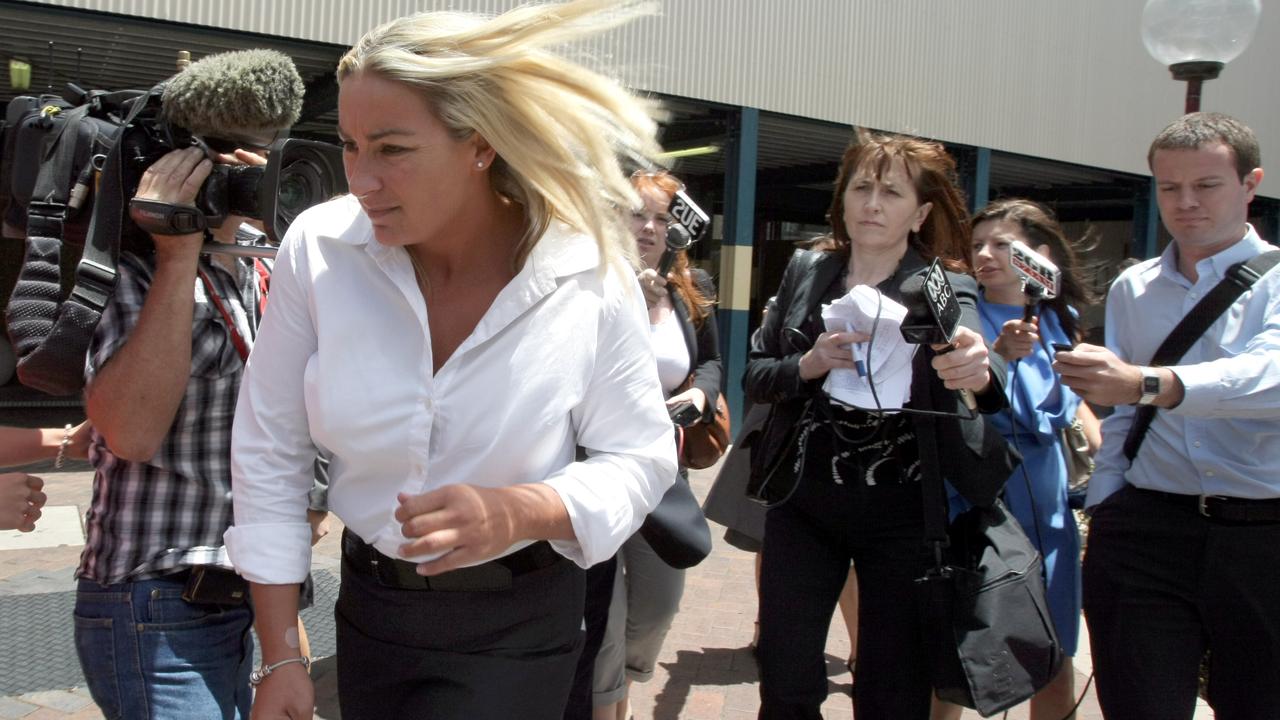
“I think it’s really worrying and raises questions about our justice system,” Dr Mallett said.
“This is a miscarriage of justice in that someone is in prison without the standard of proof having been met. I don’t think it was a reliable prosecution.”
The Innocence Initiative, made up a team of academics, criminologists and lawyers, has been working on the case for several years.
It is now seeking “an urgent referral to senior counsel to examine issues recently revealed in the case” and to review the conviction either by way of a full appeal to the Court of Criminal Appeal or judicial inquiry, she said.
A spokesman for the Attorney-General confirmed the application had been received.
“The Department of Justice will review the correspondence and provide the Attorney-General with advice in due course,” the spokesman said.
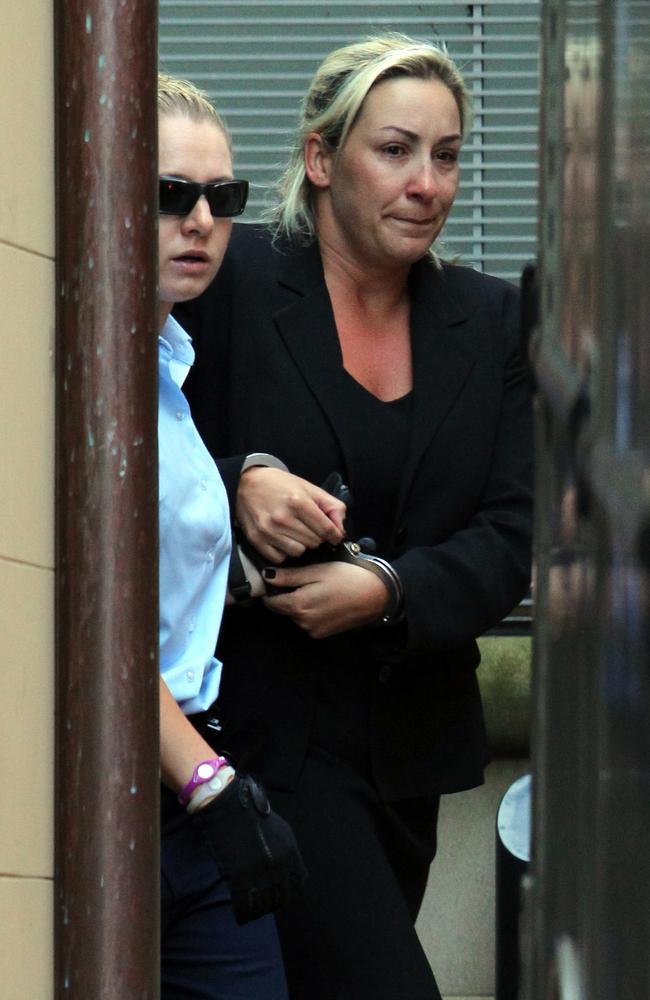
Dr Ruyters said it was clear the investigative techniques, possible withholding of evidence and witness bargaining deals meant the trial — which presented no physical evidence, motive or body — was unfair.
The Initiative has also sought access to potentially thousands of intercepted recordings that may not have been disclosed to the defence, Dr Rutyers revealed.
“Non-disclosure by police and prosecution teams is an issue both in Australia and abroad, and is currently under review in the United Kingdom after the collapse of hundreds of cases,” she said.
“Keli Lane’s case shows the overwhelming influence of a carefully constructed police and prosecution theory on her conviction, and the omission of evidence that did not fit with that theory.”

Some of the serious questions raised in the ABC documentary series, led by journalists Caro Meldrum-Hanna and Elise Worthington, were damning.
They found the lead police investigator doubted police had sufficient evidence to charge Lane with murder and unveiled an internal memo expressing concern that the standard of proof had not been reached.
It also revealed that the investigation was not complete prior to trial and that the judge overseeing it, Justice Anthony Whealy, felt the burden of proof was not met.
Police assisting at the original coronial inquiry conceded they had failed to pursue telephone records that could have supported Lane’s version of events.
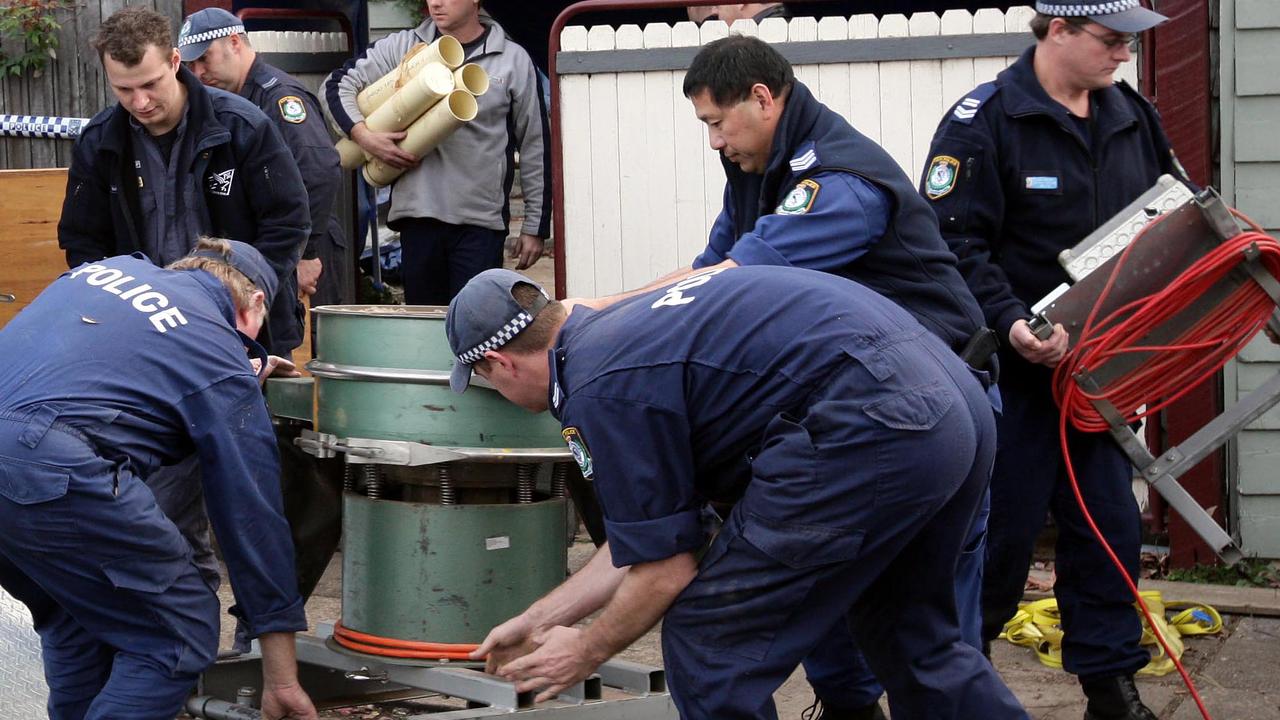
And a witness claimed he was led by police to believe that he had sexual intercourse with Lane, and the lead investigator conceded it was possible the witness had been coached.
“When there is no evidence of death, no evidence of murder, no confession or forensic evidence to be disputed, and significantly, no evidence disproving the accused’s version of events, then a conviction like Lane’s must be urgently reviewed,” Dr Ruyters said.
Lane, now 43, remains in prison and is eligible for parole in 2023.
Catch up with all episodes of Exposed: The Case of Keli Laneon ABC iview.

